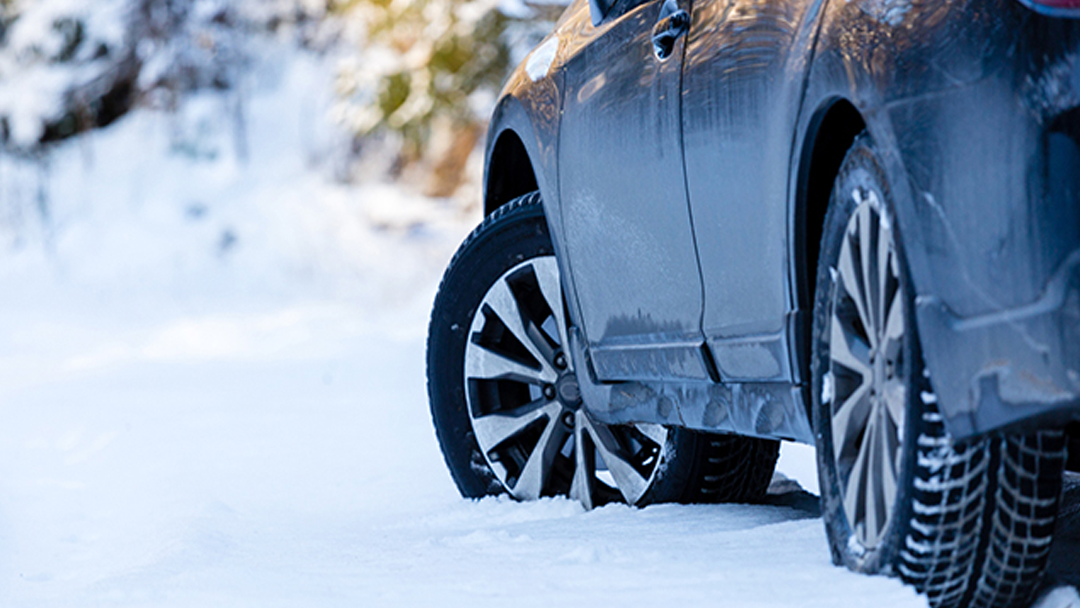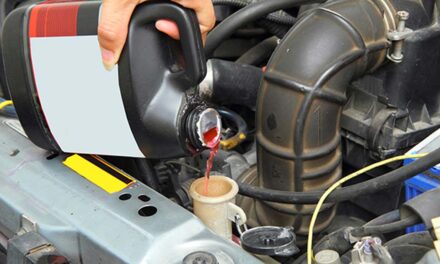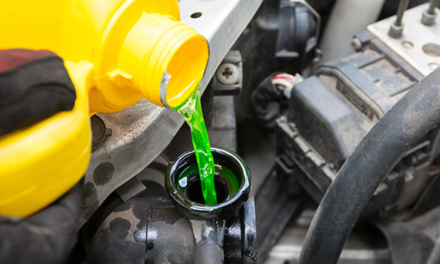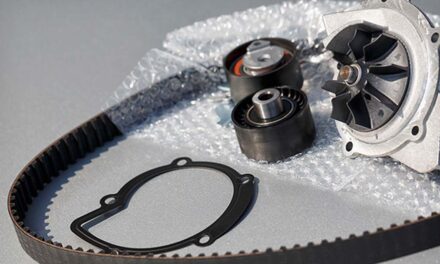Bitter cold weather and record-low temperatures, the likes of which haven’t been seen for nearly 20 years, currently gripping much of the country.
There is a ton of great information on the internet about how you can prepare yourself to journey out into the cold. Don’t neglect your vehicle, though. Your car or truck also needs the proper preparations to function in cold temperatures. This will help you avoid a catastrophic failure under the hood and being stranded in the cold.
Proper Engine Maintenance
This is important year-round. Pay attention to the manufacturer’s recommendations for maintenance. Have your oil and other fluids checked on a regular basis, and have them changed based upon manufacturers’ recommendations. Make sure your battery is reliable, and replace it if there are any concerns. Also, don’t forget to check belts and hoses and replace them if they show signs of wear. These parts are simple to swap out and are fairly inexpensive, but can result in a major headache in the event of a failure on the road.
Exterior Maintenance
Everyone knows to keep an eye on tire pressure and purchase new tires when the tread begins to wear down too far. However, there are other things you need to pay attention to on the exterior of your vehicle as well. Don’t leave your parking spot or driveway until all windows and lights are clear. This includes headlights, brake lights, fog lights, and other running lights. Ensure that you have plenty of washer fluid and new windshield wipers. Limited visibility can lead to frustration and hazardous driving.
Warm It Up
Newer cars are typically ready to hit the road within a minute of turning the key. However, you should still let your vehicle run for a minute or two to allow fluids to move through the engine and get everything warmed up and lubricated before driving. This will help you avoid engine problems and parts failures.
Giving your vehicle the proper attention before the wintry weather is always the key to staying safe and warm even when you have to leave your house to brave the cold. You should also use only the best quality parts for your vehicle; buying cheaper components will save you money at the parts counter, but can lead to more expenses if there is a problem later.









